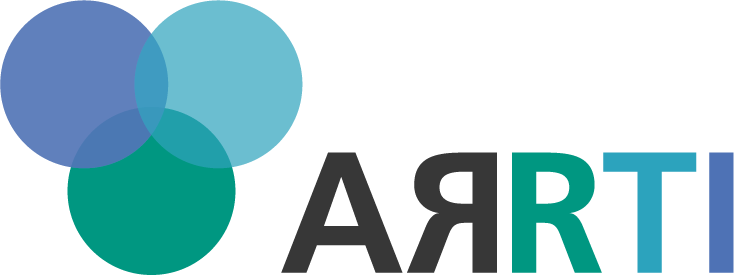Co-Teaching: Platform & Market Engineering: Commerce, Media, and Digital Democracy
- Type: Lecture (V)
- Chair: Information and Market Engineering
- Semester: SS 2025
-
Time:
Tue 2025-04-29
15:45 - 17:15, weekly
10.50 HS 102
10.50 Kollegiengebäude Bauingenieure II (1. OG)
Tue 2025-05-13
15:45 - 17:15, weekly
10.50 HS 102
10.50 Kollegiengebäude Bauingenieure II (1. OG)
Tue 2025-05-27
15:45 - 17:15, weekly
10.50 HS 102
10.50 Kollegiengebäude Bauingenieure II (1. OG)
Tue 2025-06-24
15:45 - 17:15, weekly
10.50 HS 102
10.50 Kollegiengebäude Bauingenieure II (1. OG)
Tue 2025-07-08
15:45 - 17:15, weekly
10.50 HS 102
10.50 Kollegiengebäude Bauingenieure II (1. OG)
Tue 2025-07-22
15:45 - 17:15, weekly
10.50 HS 102
10.50 Kollegiengebäude Bauingenieure II (1. OG)
-
Lecturer:
Prof. Dr. Christof Weinhardt
Jonas Fegert - SWS: 2
- Lv-No.: 2540460
- Information: On-Site
| Content | This lecture introduces an innovative learning format centered around dynamic, AI-assisted self-study, complemented by in-person discussion sessions to deepen content understanding. Instead of traditional lecture-based teaching (Frontalunterricht), we are piloting a type of flipped-classroom approach. The course is designed to be co-developed by students and lecturers—for example, through the creation of podcasts using AI tools like NotebookLM in small groups. This not only reinforces your grasp of the material but also builds your AI literacy. Creative and outstanding contributions can earn you up to 6 bonus points for the final exam.
Course Structure:
|
| Language of instruction | English |
| Bibliography |
|
| Organisational issues | ehemals: "Market Engineering: Information in Institutions" |

